Read Radio Canada International’s many reports on bears, fascinating but endangered animals facing climate change and other threats.
Bear fossils from high Arctic show cavities
By
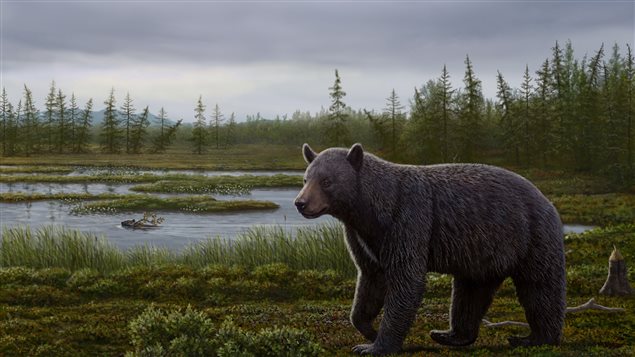
The remains of a 3.5 million-year-old bear have been found over 1,000 km north of the Arctic Circle and it appears the animal had a sweet tooth. It looks like the bear migrated from Eurasia by the land bridge over what is now the Bering Strait… more
Grizzly bear hunt banned in all British Columbia
By
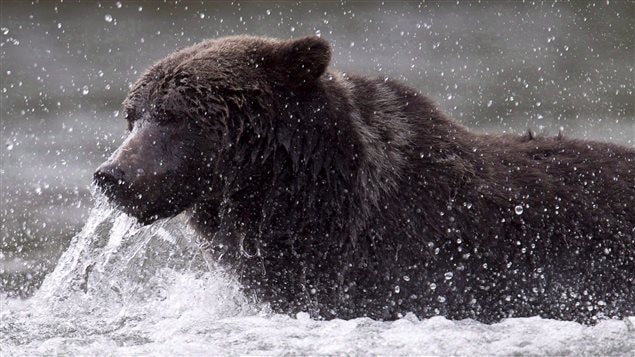
Calling the grizzly “one of our most iconic species,” the government of the western province of British Columbia has banned hunting the bear, except for a limited harvest by Indigenous peoples. First Nations have treaty rights to hunt for food, social or ceremonial purposes… more
Heart breaking final moments of starving polar bear
By
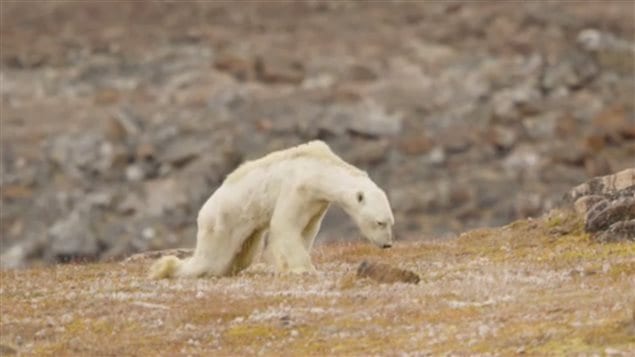
Anthropogenic climate change blamed. It is an extremely painful and tragic video to watch. Canadian biologist and wildlife photographer Paul Niklen and filmmakers from the conservation group Sea Legacy went to Baffin Island in Canada’s northern territory of Nunavut in late summer of this year… more
Climate change and polar bears: deniers de-bunked
By
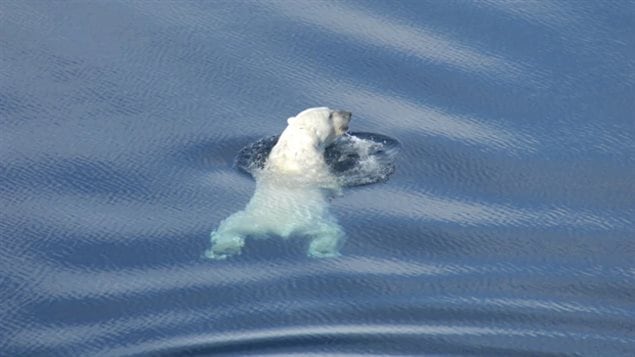
Polar bears populations are declining because of climate change; polar bear populations are doing just fine and can adapt. A new scientifica analysis shows a wide gap between actual facts, and opinions expressed on social media… more
Killing of bear cub was illegal, allege activists
By
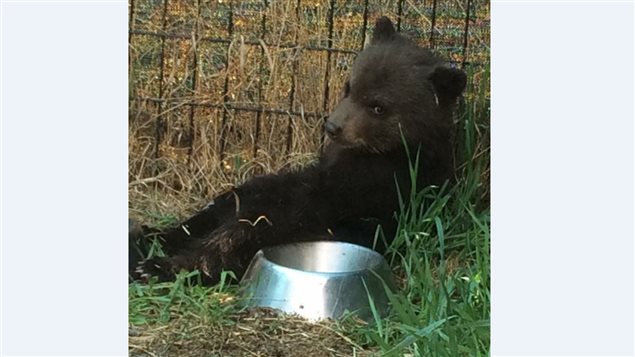
A wildlife advocacy group has taken the government court for the killing an apparently orphaned bear cub in British Columbia. Tiana Jackson found the animal by the side of the road near Dawson Creek in May 2016. She called the government’s conservation officer service and then took the cub to her property and placed it in a pen for dogs… more
Polar bears, climate change and growing concern
By
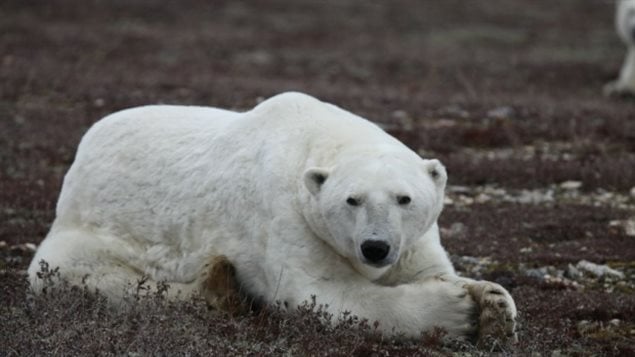
There are 19 subpopulations of polar bears spread throughout the Arctic, and while some are doing alright, others have already begun to feel the effects of climate change. Among them is the population around the western shore of Hudson Bay, and the town of Churchill Manitoba… more
Grizzly bears in B.C.: the threat is not from hunters
By
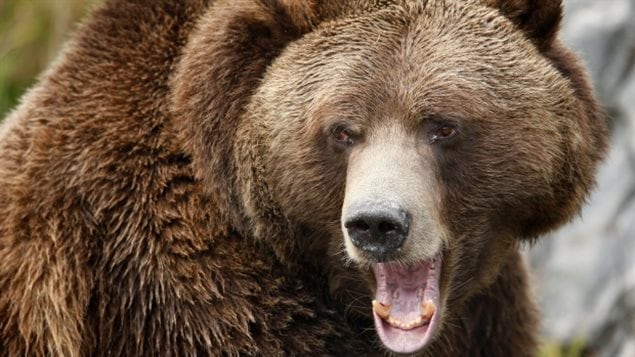
Recently the government in the west coast province of British Columbia banned trophy hunting of the majestic grizzly bear. It said at the time that the bear population was stable and that although trophy hunting was not really a threat, trophy hunting of the bears had simply become socially unacceptable… more
Changing winds may harm polar bear’s ability to hunt
By
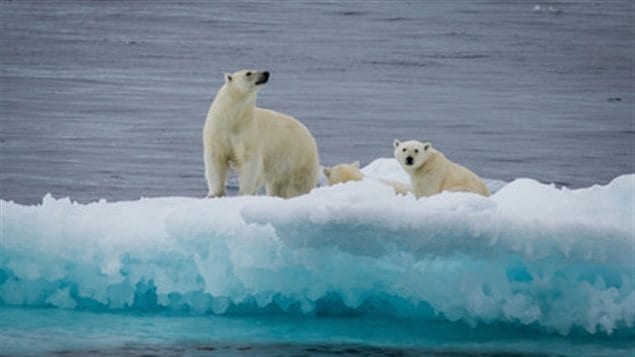
A new study shows polar bears travel crosswind when winds are light to hunt seals, but climate change means winds will grow stronger in the Arctic and that could make hunting more difficult for them. Researchers at the University of Alberta followed polar bears in the Hudson Bay area for 11 years. They used GPS and satellite imagery to compare their movements to wind patterns… more
Helicopter flies polar bear away from eastern community
By
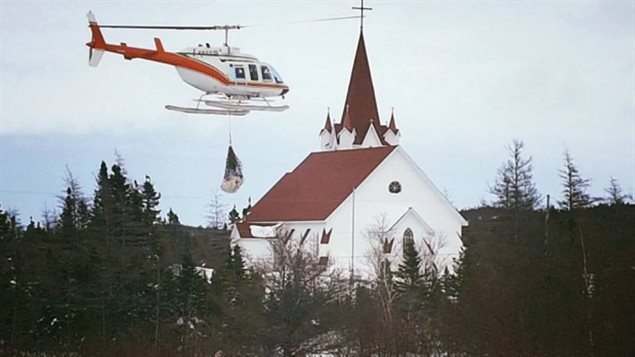
Polar bears don’t usually come to St. Brendan’s in northeastern Newfoundland but they do like to follow seals floating on ice floes down the coast nearby. This year, there has been a lot of pack ice which could have been what allowed a bear to come closer than usual to the town… more
Global warming, retreating sea-ice and energy cost to swimming polar bears
By
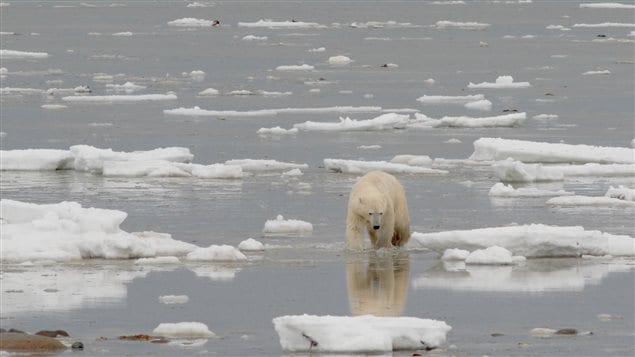
It’s a previously unknown side effect of global warming but it’s simply a case of putting a couple of known factors together for the first time. We know Arctic sea-ice is retreating, and we know polar bears need the ice to hunt. The new study shows they are swimming more often, and that’s not really good for them… more
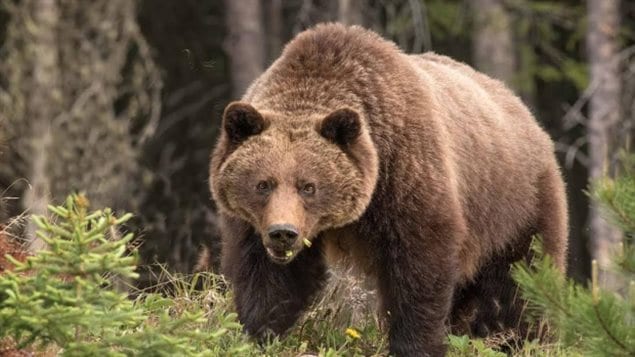






For reasons beyond our control, and for an undetermined period of time, our comment section is now closed. However, our social networks remain open to your contributions.